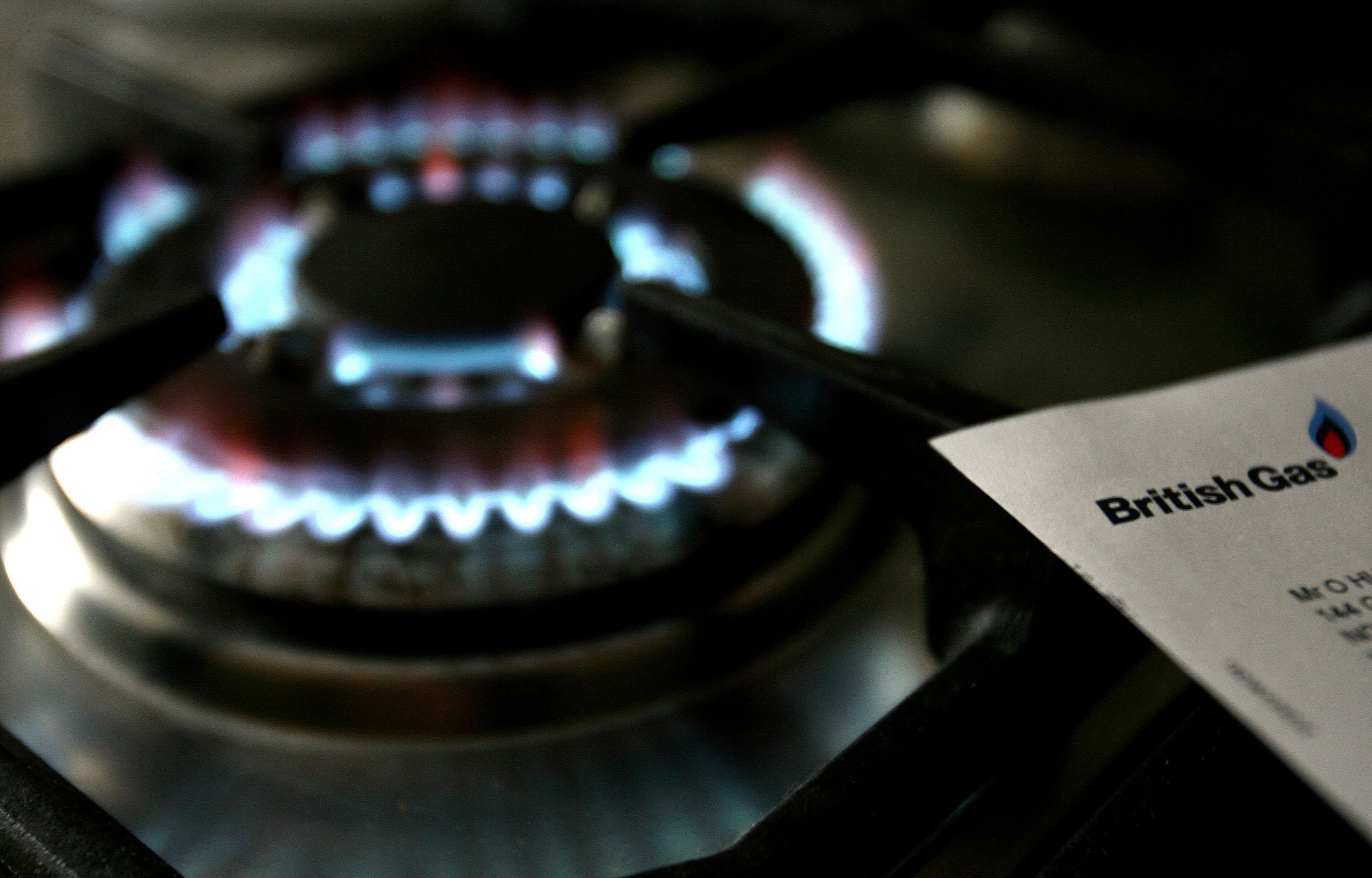Energy bills to rise 14 times faster than wages as cost of living surges, TUC says
Union calls for windfall tax on oil and gas

Your support helps us to tell the story
From reproductive rights to climate change to Big Tech, The Independent is on the ground when the story is developing. Whether it's investigating the financials of Elon Musk's pro-Trump PAC or producing our latest documentary, 'The A Word', which shines a light on the American women fighting for reproductive rights, we know how important it is to parse out the facts from the messaging.
At such a critical moment in US history, we need reporters on the ground. Your donation allows us to keep sending journalists to speak to both sides of the story.
The Independent is trusted by Americans across the entire political spectrum. And unlike many other quality news outlets, we choose not to lock Americans out of our reporting and analysis with paywalls. We believe quality journalism should be available to everyone, paid for by those who can afford it.
Your support makes all the difference.Energy bills are due to increase 14 times faster than average weekly wages, new research by the Trades Union Congress (TUC) has suggested.
The price cap for gas and electricity set by Ofgem will rise by 54 per cent from 1 April. However, the TUC said average weekly wages are only due to rise by just 3.75 per cent in comparison.
The union said record high energy prices could nullify the effect of pay rises this year and called for a windfall tax on oil and gas.
The increase in the energy price cap next month means the average household will pay £1,971 for their gas and electricity for the year, according to Ofgem calculations- an increase of £693.
Unless wholesale energy prices fall, the cap will increase again in October, with experts forecasting it will hit £2,300.
Think tank, The Resolution Foundation, estimates the number of people struggling to pay their energy bills this year will double to five million this year as a result of the increased price cap.
It comes as the government cut Universal credit by £20 in October 2021, causing many families to struggle amidst rising food and fuel cost.
In the year to January 2022, domestic gas prices increased by 28 per cent and domestic electricity prices by 19 per cent, government figures show.

Food and non-alcoholic drink prices were up by 4.2 per cent in the year to December 2021 and due to Russia’s invasion of Ukraine, food and fuel prices are expected to increase even more. Earlier this week oil prices rose to a seven year high.
Further strain on household finances are expected this year, with changes to income tax, and an increase in National Insurance Contributions from April 2022.
To help ease the pressure that will come with the rise in bills, Chancellor Rishi Sunak announced several initiatives including a £150 council tax rebate, warming homes discount and an energy bills rebate loan whereby the government will give an upfront £200 discount to all domestic energy customers from October.
However, that money will then be repaid in annual instalments of £40 added to customers’ bills over five years from 2023, which means the overall burden on bills will not be reduced but will be paid over a longer period.
TUC General Secretary Frances O’Grady warned that the economy will fall into trouble if the government do not act, saying: “The Chancellor must come forward with a plan to get wages rising at the spring statement.
“And he must get urgent help to families and businesses hit by soaring energy costs.”


Join our commenting forum
Join thought-provoking conversations, follow other Independent readers and see their replies
Comments